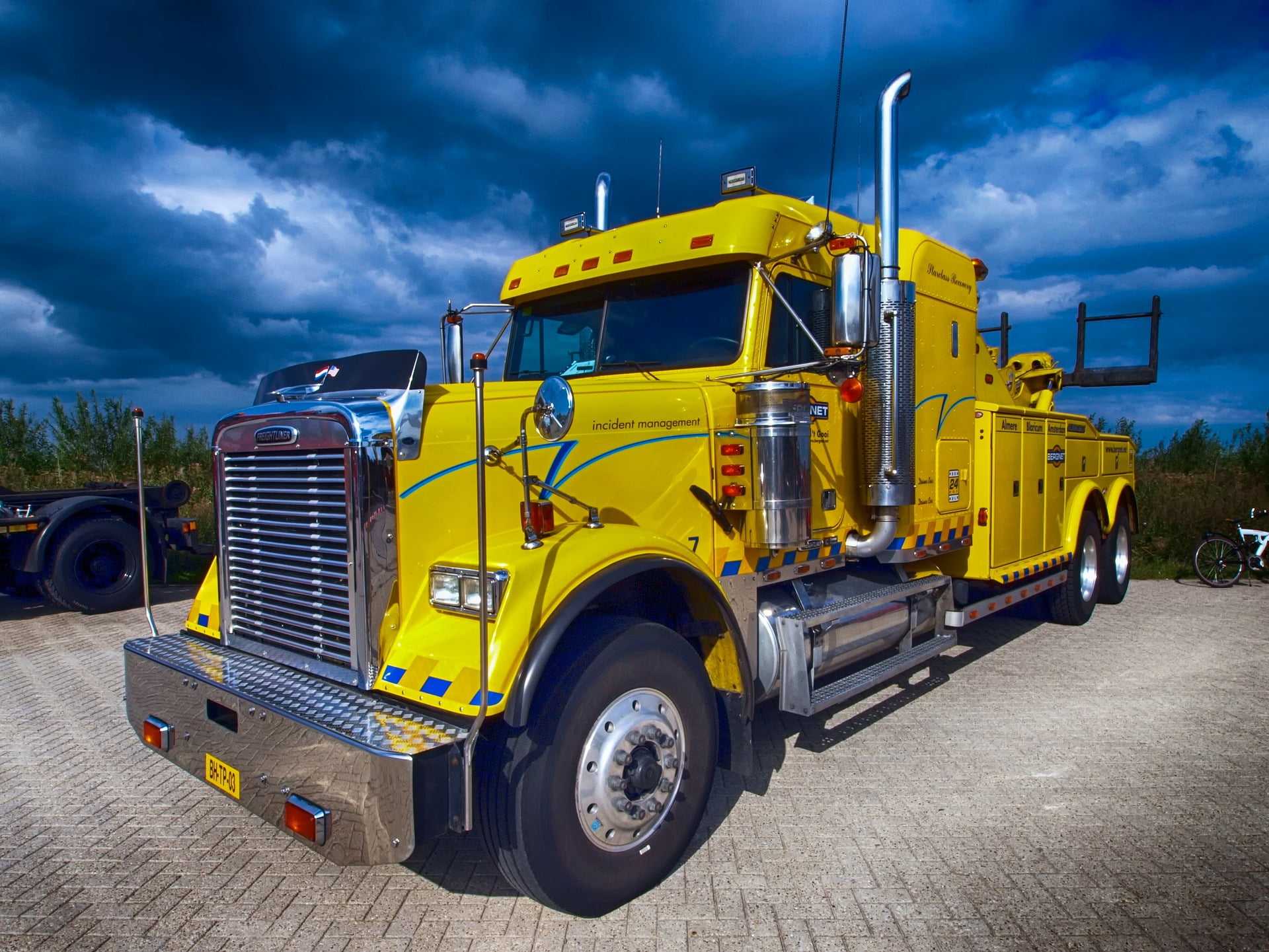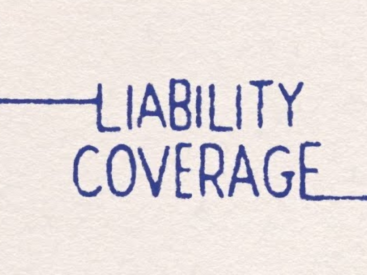Truckers are, for the most part, independent workers. Even if you lease a rig and run jobs for a motor carrier, you must be on top of your own expenses, including business truck insurance. Business truck insurance is diverse, and the needs, limits and exclusions will vary based on a wide range of factors.
Owner-operators need far more coverage for their rigs than a for-hire driver. OTR truck driving and interstate jobs will need different levels of coverage. Knowing your own business truck insurance needs is the first step toward finding the right type of insurance for your career.
Read on to learn 10 things every driver should know about semi-truck insurance.
Policies Are Designed to Be Flexible
The Federal Motor Carrier Safety Administration (FMCSA) lays out its business truck insurance requirements for all truckers. The first is public liability, also called primary liability. This requirement mandates all drivers hauling a freight of 10,001 pounds or more to carry a minimum of $750,000 in liability coverage.
While this is the bare minimum, the type of cargo you haul will impact your requirements. For example, those who haul hazardous materials need anywhere from $1 to $5 million in public liability insurance.
These are non-negotiable amounts. But trucking insurance really depends on you, the carriers and your cargo. At its core, business truck insurance is meant to be customized. Knowing this from the start will help you be a better advocate for your own needs and find the right type of policies for your business.
You Set Your Own Limits
Whether it’s non-trucking liability or motor carrier cargo insurance, you are largely responsible for determining how much coverage you need and setting your own deductible. You should avoid any one-size-fits-all policies that don’t give you the freedom to increase or lower your limits each term.
Needs Change Annually
Working with different carriers or changing the types of jobs you run will all impact how much insurance you need. While you may sign a multi-year agreement for essential policies like liability, you should renew your coverages annually to make sure you aren’t overpaying or underinsured.
Safety Features and Training Make a Difference
Trucking companies can lower their business truck insurance rates by running routine training programs for their drivers. Safety programs help prevent accidents and protect your rigs. Safety technology such as telematics can also be implemented to improve drivers’ experiences, protect them on the road, and lower your premiums.
Some Trucking Industries Cost More
Heavy haulers, long-distance trucking and high-risk commodities like alcohol and pharmaceuticals all cost more to insure. You should take this into consideration before signing onto a job or working under your own authority in a risky industry. Playing it safe isn’t just about driving well. Picking hauls that come with a much lower risk of loss and accidents can drastically lower your business truck insurance rates.
Optional Coverage Isn’t Always Optional
Cargo insurance, medical payments and underinsured/uninsured motorist coverage are examples of optional policies that you really can’t drive without. Hauling loads while maintaining the bare minimum in coverage is a temporary solution that can lead to career long financial catastrophes if you are involved in an accident of any kind.
Your Coverage Can Impact Your Reputation
Failure to adequately insure your trucks can result in hefty lawsuits that haunt your business for years. You may also find it difficult to find companies to work with if your business truck insurance is not above the minimum. Good owner-operators and truckers do everything in their power to protect themselves and their shipper’s goods. Insurance is proof of that.
Your Needs May Be Set by Your Carrier
While independent owner-operators call the shots, for-hire drivers will have to meet each carrier’s requirements before they’re able to lease a truck. Research is essential, and you should always have insurance requirements listed in clear terms before you agree to take a job. Failing to investigate and compare your own coverage can result in financial ruin in the event of an accident, theft or other incident.
Agents Can Help You Get Better Rates
Independent insurance agents don’t work for a specific company. They work for you to help find the best coverage for their needs and can get quotes from both national and local trucking insurance companies. If you’re a new venture, in high-risk trucking or simply want to make sure you’re getting the absolute best deal, an independent insurance agent should be a part of your insurance process.
Your Rates Can Lower the Longer You Drive
Drivers who hold a clean record and CDL license for at least three years can qualify for up to 15 percent off their insurance rates. The same goes for owner-operators who are insuring an entire fleet. More experienced drivers translate to greater savings as insurance providers deem them less of a risk. Strict hiring practices, background checks and safe driving all pay off in the long run, even if it means passing up on an otherwise prospective new hire.
All Policies Aren’t Made Equal
Two companies can offer the exact same business truck insurance policies with identical limits and still not provide the same level of coverage. Each provider has its own exclusions to be aware of. You might buy a physical damage policy from one company that includes fire protection by default while another considers it an optional extension.
Reading the fine print, understanding what each policy should do, and asking questions will help you avoid accidentally ending up without essential coverage. Comparing quotes and investigating insurance companies is the best way to get the right policies for your job. Do your research, find an independent insurance agent you trust, and always be willing to go the extra mile when it comes to your trucking insurance.

Francis Burns is an avid writer from Louisiana. With a Bachelor’s in English and a background in journalism, Francis has been writing for a variety of media outlets for the last five years. He specializes in stories about the local culture and loves to fill his work with inspiring words. When not writing, Francis enjoys exploring the outdoors of Louisiana and photographing nature.




